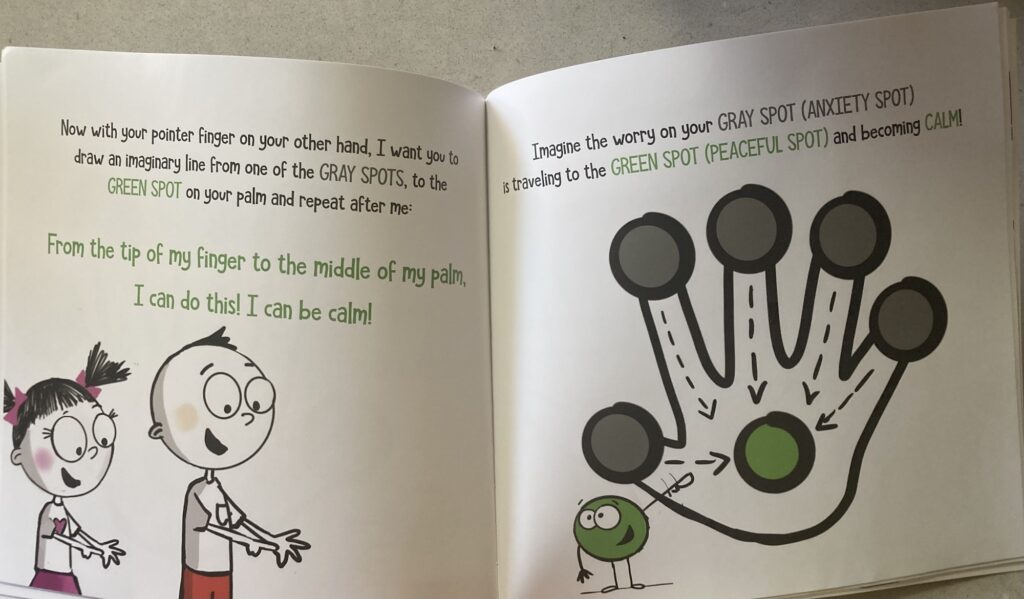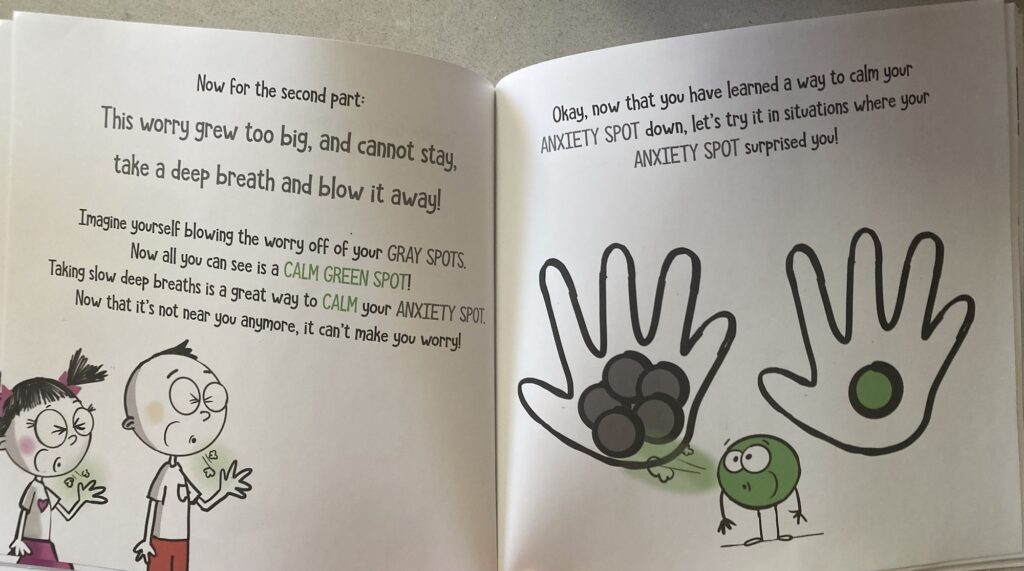I’ve paid far too much attention to the US election, consuming media and commentary about it for years in the lead up, with addictive behaviours to check-in on news websites and blogs regularly especially over the last few months.
With the result coming in today that Trump has won a second term – despite all the things that I would have wished were disqualifying – I was dismayed. Not surprised – I’d read enough analysis to know it was basically a coin flip chance. But dismayed.
And left wondering how much I should feel with this: it’s not my election. But I’ve followed it so closely, I’m invested in it. And Australia is so closely linked to the US – obviously in defence and foreign policy, but also culturally – that the direction they’re turning worries me. I especially worry for the Ukrainians. And for young women in conservative states. And for the gay and trans communities who are very much being used as scapegoats.
I tried to get through today without doom-scrolling. I cared for my boys, I had a call with a friend, I worked, I went to my piano lesson. I didn’t really know how to process it.
Then while I was driving I remembered an experience I had in 2017, it was a lesson I needed to learn then, and I think I need to remember it now too.
In 2017, I was a several years into trying to do something in education and software and startups. Working in schools, building various educational products, launching a startup, and then when that didn’t work, joining another one that was even more ambitious. I was determined to do something “big”, to make a dent in the universe, as many of us in that scene dreamed of.
Alongside this work/business ambition, I’d also been dreaming big in church circles. First at Riverview (the church I grew up in and have now returned to). But then also with First Home Project, an attempt to not just serve the refugee community but re-shape the Australian culture to be less scared and more welcoming. And then in Melbourne I was part of a small church – only a few dozen people – but that was so determined to be a counter-culture, almost a prophetic voice critiquing what’s wrong with many church communities and painting a vivid picture of what an alternative could be.
Big dreams in work, big dreams in church, but they were all sputtering along by July 2017, and it wasn’t really going anywhere. Our church was soon to close its doors, from burnout and disillusionment amongst those running it, and the startup I worked at was struggling along, and I wasn’t sure if they’d have enough money to keep paying me each month.
The big dreams felt like they were dying. And that’s when we went to visit my aunties in the Southern Flinders Ranges in South Australia.
While we were staying with them, we made a day trip out to the farm Annette grew up on, and while giving us a tour and telling us stories – she tells great stories – I had a “holy ground” kind of moment.
She was telling us the story of the 2014 Bangor fires that had swept through this area. I remember their Facebook updates each night as the fire burned for weeks and weeks, each night filled with fear that it might break containment lines and burn through the bushland, through the farm, through people’s houses.
So that day as we walked through the bush, past trees and dried out creeks, with their dogs running ahead, the leaves crunching under my feet with each step, and the stories still being told, I started to see the evidence of the fire. Scars on the trees. The lack of undergrowth. It had come right through here, right where we were walking.
But there was life. Trees still standing tall. New plants sprouting everywhere. The birds. This place was coming back to life.
The family didn’t operate the farm anymore, they had leased out much of the land, but this land, around “sheep camp hill”, they’d wanted to give back to the country. And so they were letting the bush grow again. And after the fire, it was coming back to life.
And I remember being so inspired by that little resilient ecosystem.
Here I was trying to dream big and change the world, but nature was teaching me a lesson. Instead of grandiose plans to re-shape the world to our liking, there’s something beautiful about loving a small patch of land, and fostering the kind of resilience that can survive and bring new life, even after a fire destroys everything.
And so I had a revelation about love at a small scale.
Love, placed in individual relationships and families and small communities and tiny systems. In sports teams and work teams and social groups. Love that can self propagate and spread. That can evolve to the conditions and that can recover after catastrophic events. That love could change the world, far more than the biggest startup or the most dynamic church.
To quote Jesus and mix my metaphors, a little yeast spreads through the whole batch of dough.
And so today, as I feel disappointed in the failure of the big political movement I wanted to see “win”, and dismayed at the state of the culture that wants this alternative, and a little bit of shame for treating the whole thing like as an entertaining sport with winners and losers but not actually doing anything to help… I’m brought back to this idea that maybe where I need to focus is on building resilient love, self propagating love, into communities at a small scale.
There’s a beautiful interview between Krista Tippett and adrienne maree brown that captures this so perfectly, I want to quote it at length:
brown: So I was doing electoral organizing in 2004 — 2003, 2004. We’re gearing up — it’s post-9/11; we’re going to war with Iraq, Afghanistan, and we’re like, we’ve got to get Bush out of office. We have to. He’s just going to keep perpetuating all these unjust wars with all these people and not help figure anything out. So we’re doing all this organizing, and it clicked for me, in a way that I couldn’t — it’s one of those things, you see it and you can’t un-see it. And I was like, oh, we are trying to just change the top layer of this very layered cake, this very layered process, this system of governance. We think that if we just win the presidency, that then we’ll be able to change the world.
And it clicked for me that actually, it’s a fractal system. And it’s layer on top of layer on top of layer. And if none of us are practicing democracy anywhere, it’s not going to just suddenly work at the top layer. [laughs] And I got it, and then I realized — so I started asking people, because I was touring a book we had written. And I started asking people, Do you practice democracy — anywhere in your life? [laughs] Not even politically, but just in your household? Who makes the decisions about the budget?
Tippett: [laughs] What did people say?
brown: No.
Tippett: [laughs] Right.
brown: Nobody was practicing it, or if people were practicing it, they would be like, oh yeah — you know, there would always be like one really happy person who was like, I practiced it. And then I would be like, okay, in your household, you practice it. Do you practice it with your neighbors? And then they would have to be quiet. Or, do you practice it —
Tippett: Okay, that’s fascinating.
brown: There was almost nobody who was practicing it on their block or in their community or in their organizations or other places. Everyone’s kind of dodging the actual work of democracy, small-d democracy.
So then, of course, we are in this crisis right now where we cannot figure out a way past this political impasse moment. To me, what it reveals is we haven’t been practicing democracy for such a long time anyway. We’ve really outsourced almost every aspect of governance, and the only part we’ve held onto is complaining. People sit in their living rooms, they form opinions, they’re upset about stuff, they don’t do much about it, but they’re apoplectic. [laughs]
Tippett: And they also don’t know what they can do about it, right — at that mega level.
brown: Exactly. That’s on purpose. [laughs] So it’s like, trying to keep people in a place where they’re angry and they think they can buy their way out of it. That’s one of the reasons organizers exist, is to be like, actually, you can’t get out of it that way, but there are ways. We’ll have to work together to figure it out, but there are other practices.
But that’s when it clicked for me, that I was like — something about smallness, I was able to gain respect for, because I was like, every single large system or structure or network or political protocol, all of it is made up of small things — of humans either having or not having necessary conversations, and humans being willing to stand up for what is right and stand up against what is wrong. It’s all these small activities that we need to get great at if we want to actually have anything that would be a real democracy.
Tippett: This way you make the connection between what happens at the interpersonal level is a way to understand the whole society — how we are at the small scales, how we are at the large scale.
On Being with Krista Tippett – adrienne maree brown: On Radical Imagination and Moving Towards Life

